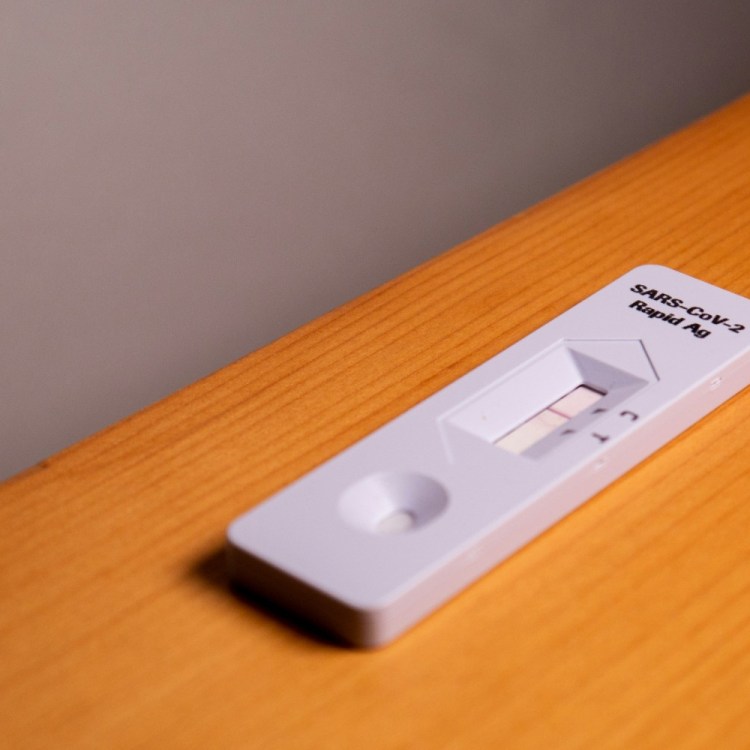
After Congress voted to allow internet providers to start selling web activity, privacy activists have clung on to the notion of virtual private networks (VPNs) as a refuge.
VPNs work by re-routing internet traffic from a device through a specific provider. This way internet providers only see activity with one server, which belongs to the VPN provider, as opposed to all the different websites one may visit throughout the day.
Unfortunately, Wired reports that may be a pipe dream. The VPN provider can simply track web activity and sell it themselves. Some websites block users from restricted content by making them inaccessible with a VPN. Others may try to block VPNs to prevent bad guys, like hackers or extremists spreading online propaganda, from covering their tracks. In the case of Netflix, the media company is trying to prevent users from streaming content in other countries where it doesn’t own the license.
The simplest way avoid to this is by looking for an internet provider that won’t sell user data, but there aren’t many according to Wired.
Another option is to use a Tor Browser.
—RealClearLife
This article appeared in an InsideHook newsletter. Sign up for free to get more on travel, wellness, style, drinking, and culture.

























